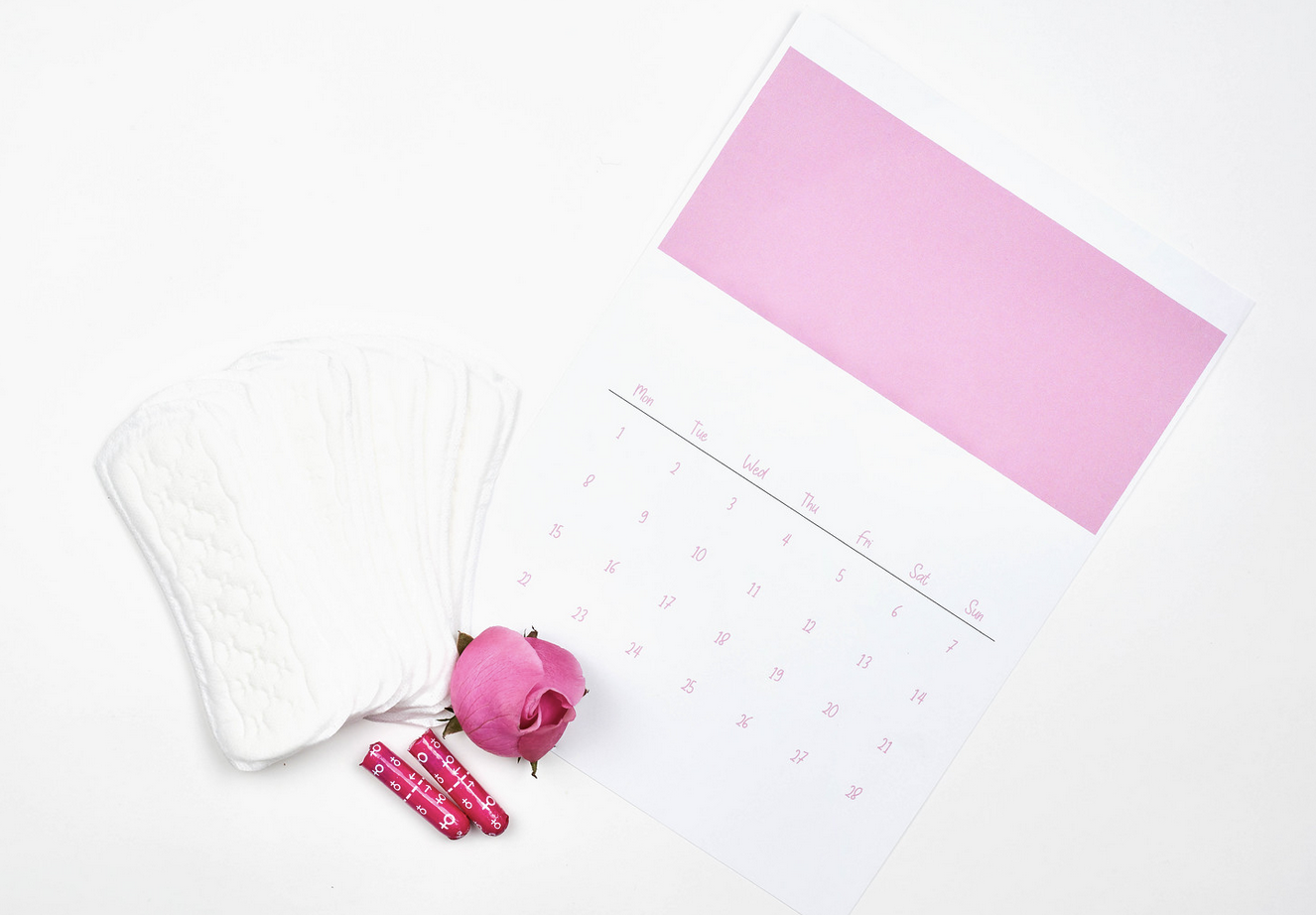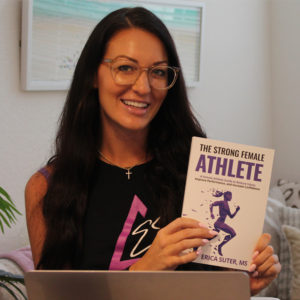
24 Nov Missed Periods in Female Athletes: Solutions for a Healthy Menstrual Cycle
A missed period is not a badge of honor.
It’s a red flag.
Full disclosure: I’ve received several messages from female athletes about missed periods, and their lack of education is alarming. Of course, it’s not their fault, as professionals aren’t being transparent. Their doctors aren’t providing enough solutions. Their coaches aren’t versed on the menstrual cycle. Their parents might not get the severity of the problem. And girls are left with feeling discouraged and disoriented.
So, some brush it under the rug and shrug it off as “whatever, I’ll be okay.”
They ignore their missed periods, until it’s too late and becomes catastrophic for their overall health and performance in their sport.
The menstrual cycle in a female athlete is vital sign that reflects her health.
The menstrual cycle in a female athlete is vital sign. Click To TweetWhen it’s regular, hormones are balanced, and mood, energy, motivation, and focus are at an equilibrium. Muscles, bones, and joints are more likely to be strong and durable, and a female athlete is able to perform well in her sport.
A normal menstrual cycle should occur anywhere from 25-36 days throughout the year, with a nice wave-like flow of the hormonal cycles in the four phases:
1. Menstrual – progesterone decreases, lining of uterus sheds, energy is at lowest
2. Follicular – release of follicle stimulating hormone, estrogen and testosterone begin to rise, energy boosts again, improvement in mood
3. Ovulatory – rising estrogen levels, testosterone peak, release of luteinizing hormone, ovulation (ovary releases egg), energy and confidence high
4. Luteal – release of progesterone, testosterone declines, energy declines, mood oscillates
When a young girl is late to start her period for the first time, and still hasn’t gotten it when she’s 15 years old, this is called Primary Amenorrhea. When she has a missed period of three months in a row, or doesn’t have periods for at least six months, this is called Secondary Amenorrhea.
The main causes include:
- Stress and over-scheduling sports, multiple teams in a season, schoolwork
- Under fueling (not enough calories, low energy availability)
- Over-exercising
- Chronic lack of sleep of 7 hours or more a night
Oddly enough, when people look at these causes, they refuse to tweak these and turn them into solutions.
Forget taking the time to implement consistent, health lifestyle habits when there’s a magic pill that will solve all of a girl’s problems!
Enter: oral contraceptives.
Yes, the birth control pill is a magic pill and will give a female athlete her menstrual cycle back, but it’s considered a withdrawal bleed. It’s not a real period because oral contraceptives don’t contain real hormones…they actually shut them down.
It also acts as a band-aid over the underlying problems of terrible nutrition, load and stress management, and sleep deprivation, and hormones aren’t able to flow in their natural, wave-like state, and instead, become more flat lined.
Yikes.
Lifestyle Changes
Not addressing these first still makes a female athlete highly susceptible to injury, and more likely to wane in performance – low energy to sustain the full game, lack of focus and poor decision making, and lower outputs of speed and power.
Proper fueling, rest and recovery, are essential for female athlete sport performance. Popping a pill will only provide a short-term solution that masks the problem.
Proper fueling rest and recovery, are essential for female athlete sport performance. Popping a pill will only provide a short-term solution that masks the problem. Click To TweetTo be clear, I’m not anti-pill. I’m pro young girls learning ALL solutions to regain a healthy menstrual cycle.
Doctors need to be more honest about the long-term risks of being on an oral contraceptive from teenage years and beyond. How long will a young girl have to stay on this if she starts when she is 15? 5 years? 10 years? The rest of her life?
Watch this podcast I did with Emily Neff, Female Athlete Performance Coach, on the long-term risks of oral contraceptives as a tool for menstrual cycle regulation:
If there’s any lesson I hope you get from this discussion it’s this: let birth control be used for what it’s designed for…not getting pregnant. When it comes to regulating the menstrual cycle, however, lifestyle changes need to be addressed first.
A female athlete must take inventory of these, and understand it takes discipline to get nutrition, stress, and load management on track.
In the end, the discipline is worth it because she will be a strong, healthy and vibrant young woman, who has naturally fluctuating hormones, and who addresses problems head-on, rather than taking the easy way out. A rapid, short-term solution usually leads to disastrous, long-term consequences.
Don’t we want to empower our female athletes?
Don’t we want to teach them how to take care of their health?
Don’t we want to instill in them a healthy lifestyle that will benefit their sports career, as well as the rest of their lives?
For more on female athlete training and nutrition during the menstrual cycle phases, get THE STRONG FEMALE ATHLETE BOOK

Work with me in person on speed, strength, agility and conditioning in Tampa, Florida. Book your first assessment HERE



No Comments